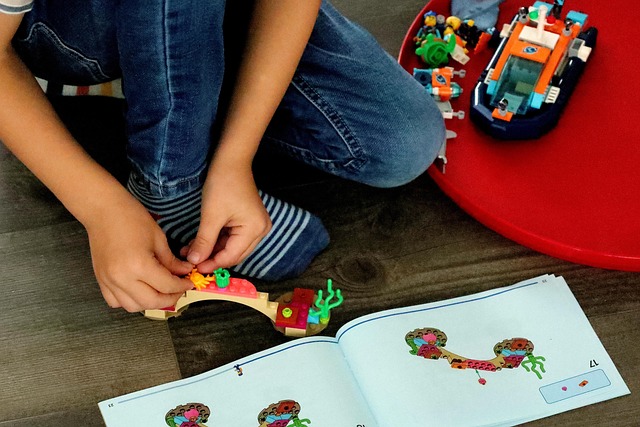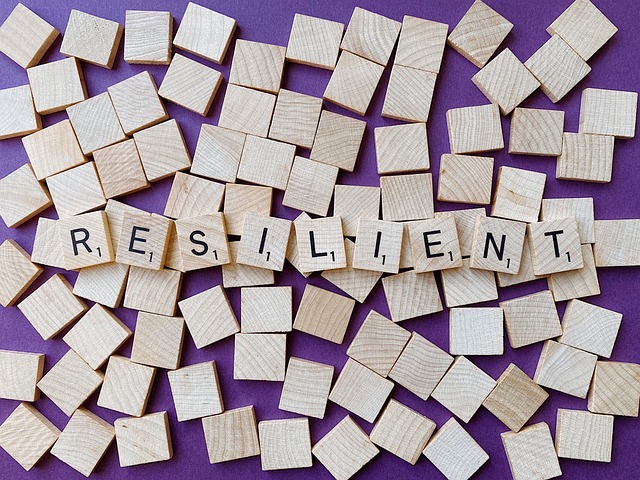The Power of Play: Why Outdoor Adventures Build Resilience
In our increasingly scheduled world, the simple magic of unstructured outdoor play is often overlooked. Yet, these adventures are far more than just fun; they are fundamental for building resilience – the vital capacity to navigate challenges, bounce back from setbacks, and adapt to change. Research confirms that exposure to nature helps lower stress hormones and sharpen cognitive function, laying a strong foundation for emotional and mental fortitude.
Unstructured Play: Cultivating Independence and Problem-Solving
When children lead their own play outdoors, they enter a natural laboratory for resilience. Unstructured play empowers them to make decisions, assess situations, and devise solutions independently. Whether they're collaborating to build a complex fort from fallen branches, figuring out how to reroute a stream of rainwater, or negotiating the rules for a new game, these experiences foster creativity, critical thinking, and the self-reliance needed to face difficulties.
Connecting with Nature: Nurturing Emotional Well-being
The natural world has a profound calming and centering effect. Spending time outdoors can reduce anxiety, promote positive emotions, and foster a sense of wonder. Encourage children to engage their senses: feel the rough bark of a tree, listen to the symphony of birdsong, watch a spider meticulously spin its web. This connection to the rhythms and details of nature cultivates mindfulness and provides an emotional anchor against stress.
Building Social Skills Through Outdoor Collaboration

Much outdoor play happens with peers, offering rich opportunities to hone crucial social skills. Playing tag, cooperating on building a sandcastle, or organizing a nature scavenger hunt requires communication, negotiation, and conflict resolution. Learning to navigate disagreements during a game or work together towards a shared goal (like building that fort!) equips children with vital tools for handling interpersonal challenges throughout life.
Practical Tips for Weaving Outdoor Play into Daily Life
Making outdoor play a regular part of your family's routine doesn't have to be complicated. Here are some ideas:
- Aim for a 'Green Hour': Dedicate consistent time each day for outdoor exploration.
- Be Local Explorers: Regularly visit nearby parks, forests, beaches, or nature trails.
- Enhance Your Backyard: Incorporate natural elements like logs for balancing, rocks for climbing (if safe), or a small garden patch.
- Involve Kids in Outdoor Tasks: Turn gardening, raking leaves, or washing the car into playful activities.
- Prioritize Green Time over Screen Time: Set clear expectations and offer engaging outdoor alternatives.
- Plan Family Adventures: Go camping, hiking, canoeing, or simply have a picnic in a natural setting.
- Let Kids Lead: Ask them where they want to explore or what outdoor games they want to play.
Remember, fostering resilience is an ongoing process. By consistently providing opportunities for rich outdoor play, you are equipping your children with invaluable experiences and skills, helping them develop the strength and adaptability to thrive in our complex world.
Resources for Further Exploration
Want to delve deeper? These resources offer valuable insights and information:
